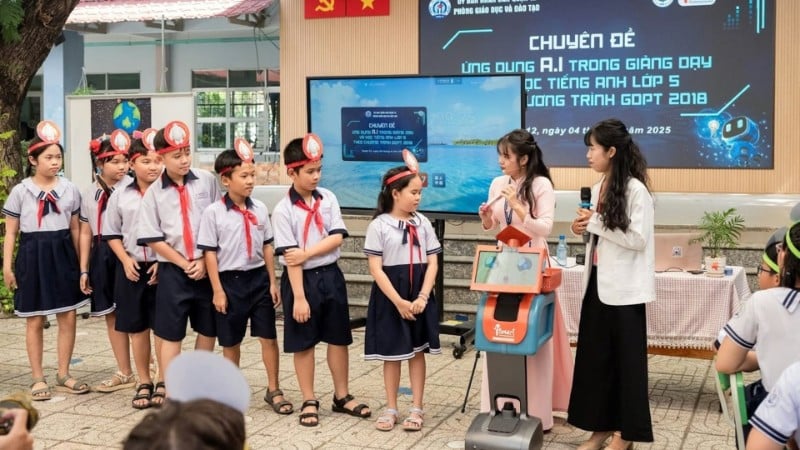
The application of AI ineducation opens up new opportunities for teaching and learning, while posing challenges in innovation of methods, content and management.
In the context of digital transformation and the strong development of technology, especially artificial intelligence (AI), education, especially general education, is facing an urgent need to innovate the approach to knowledge. Not only innovate the content, but more importantly, innovate the approach towards personalization, flexibility and technology integration.
Dr. Le Cong Luong, Head of the Department of Science, Technology and International Cooperation (Vietnam Union of Science and Technology Associations) commented: Current general education still focuses on one-way communication, failing to promote critical thinking and creativity in students. Social science subjects such as History, Geography, Literature, and Civic Education, although playing an important role in shaping personality and ethics, are often taught rigidly and lack appeal. Dr. Cong Luong emphasized that AI is not only a tool but also a driving force for comprehensive innovation in the education sector. Applying AI will reduce administrative work for teachers, create conditions for innovation in teaching methods; help students learn according to their abilities, practice self-study and research skills; at the same time, improve training efficiency in schools and society, and prepare human resources to adapt to the knowledge economy .
From teaching practice, lecturer Vu Hai Nam (Faculty of Geography, University of Science, Vietnam National University, Hanoi) affirmed: Innovation in general education, especially in Geography, cannot be separated from digital transformation and AI application. The effective use of artificial intelligence helps lectures become more vivid and personalized, while meeting the requirements of innovation in testing and assessment in the direction of capacity development, helping students apply knowledge into practice instead of just memorizing theory. Mr. Nam believes that AI also contributes to the formation of digital capacity, critical thinking and practical research ability - core competencies proposed by the 2018 General Education Program. In the era of open education, each teacher and school needs to become a center of innovation, proactively adapting and creating the future of digital education.
Sharing a specific application model, teacher Be Thi Truc Linh, History teacher at Victory Experimental Secondary School, said: Combining technology with artistic elements such as poetry and music helps students approach historical knowledge in a more interesting and memorable way. She used ChatGPT to compose poetry and AISongGenerator software to set music, creating a song summarizing the lesson content about the resistance war against the Song army during the Ly Dynasty, serving teaching for 7th grade students.
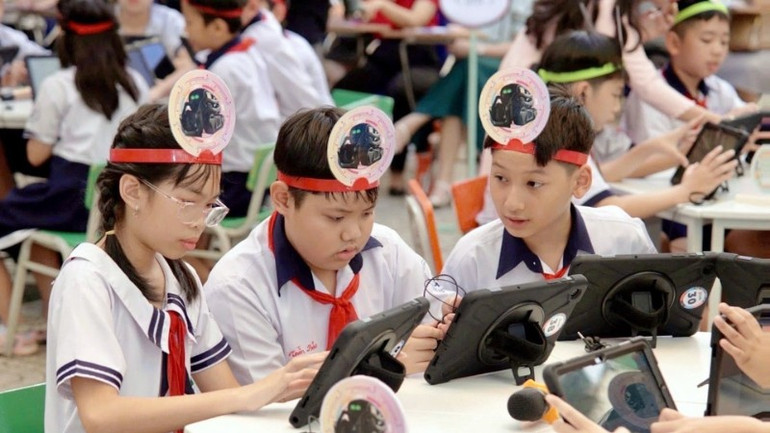
According to experts, the innovation of general education methods and the application of AI in teaching social sciences opens up many opportunities but also comes with many challenges. Limitations in technology infrastructure, weak digital capacity of teachers and students, lack of guidance documents and a clear legal framework make implementation easy to fall into a state of dependence on technology, difficult to control learning quality and honest assessment. AI can personalize learning, support teachers in teaching and management, but cannot replace the role of teachers in inspiring, nurturing creative thinking and nurturing students' personalities. In the digital age, with just a smart device, learners can access a huge store of knowledge, opening up opportunities for lifelong learning. However, without proper guidance, students can easily abuse AI to do exercises quickly without understanding the nature of the problem.
For AI to truly become an effective support tool in education, especially general education, many opinions suggest that it is necessary to soon issue a framework for guiding the application of AI in the general education program. Along with that, it is necessary to strengthen cooperation between schools, businesses and experts to develop learning platforms suitable for practice. Building a safe digital education ecosystem, ensuring privacy and protecting personal data is an urgent requirement. It is necessary to upgrade technology infrastructure, teaching equipment; organize programs to foster digital capacity, AI skills and digital ethics education for teachers and students; at the same time, build a system to guide the application of AI in teaching social sciences and complete the related legal corridor. In addition, it is necessary to invest in developing specialized AI platforms for the social sciences, capable of simulating situations, analyzing society, and visualizing historical knowledge; At the same time, build a transparent and fair evaluation mechanism, integrate plagiarism detection tools, and limit the abuse of AI in learning. Encouraging creative pilot models and connecting teachers-experts-researchers will contribute to spreading effective methods in educational innovation.
Source: https://nhandan.vn/co-hoi-day-va-hoc-moi-nho-tri-tue-nhan-tao-post890565.html








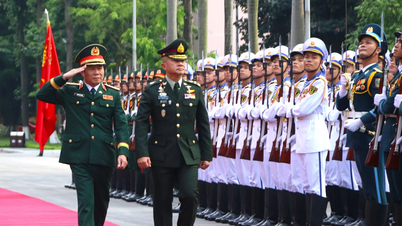


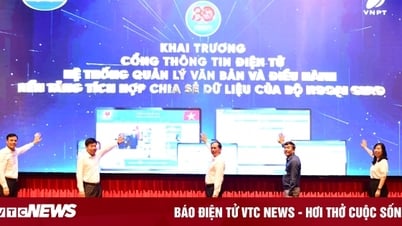










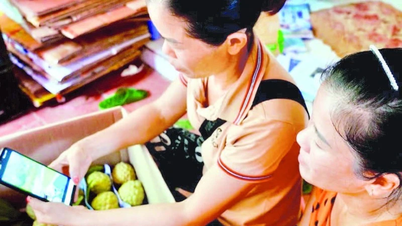


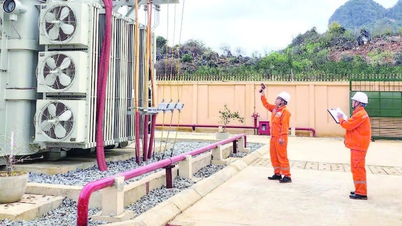







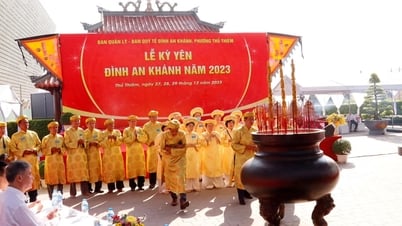






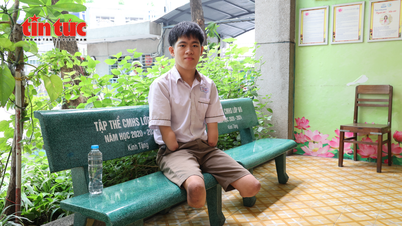





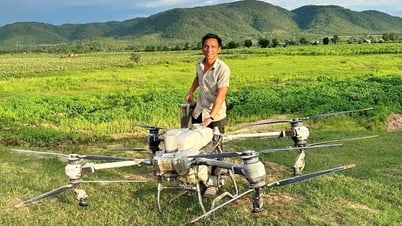

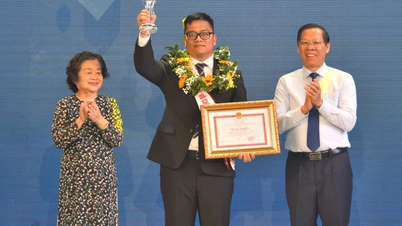


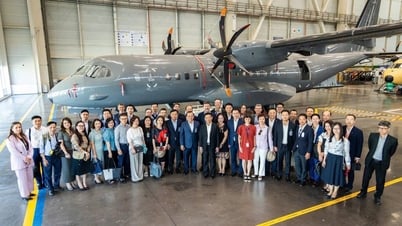


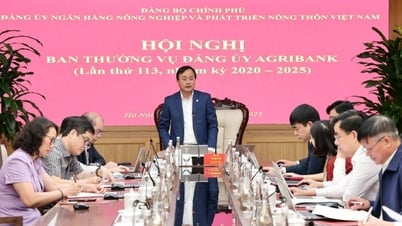



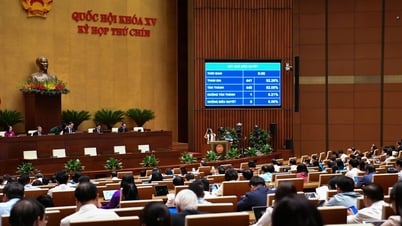






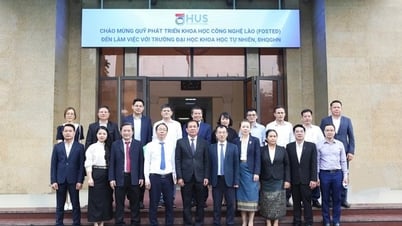


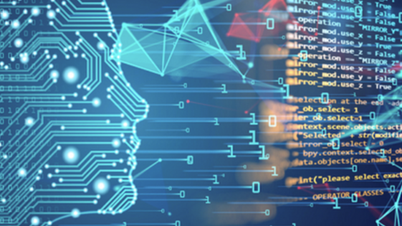




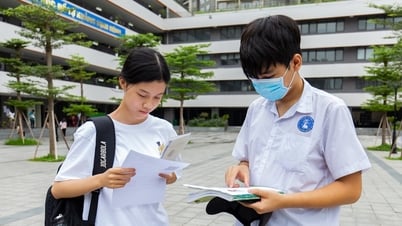











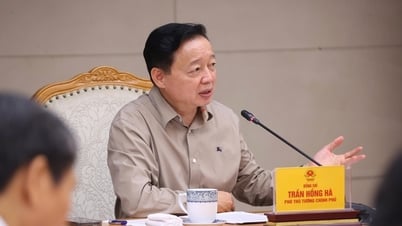
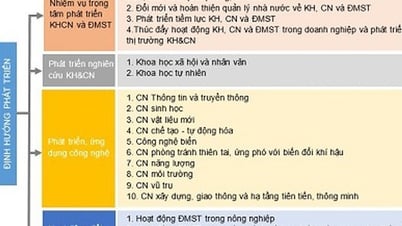
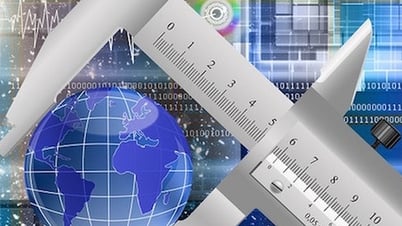
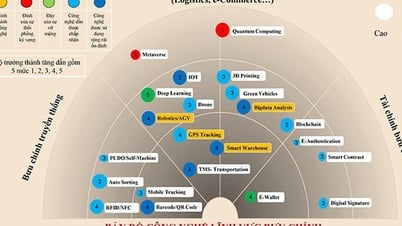







Comment (0)